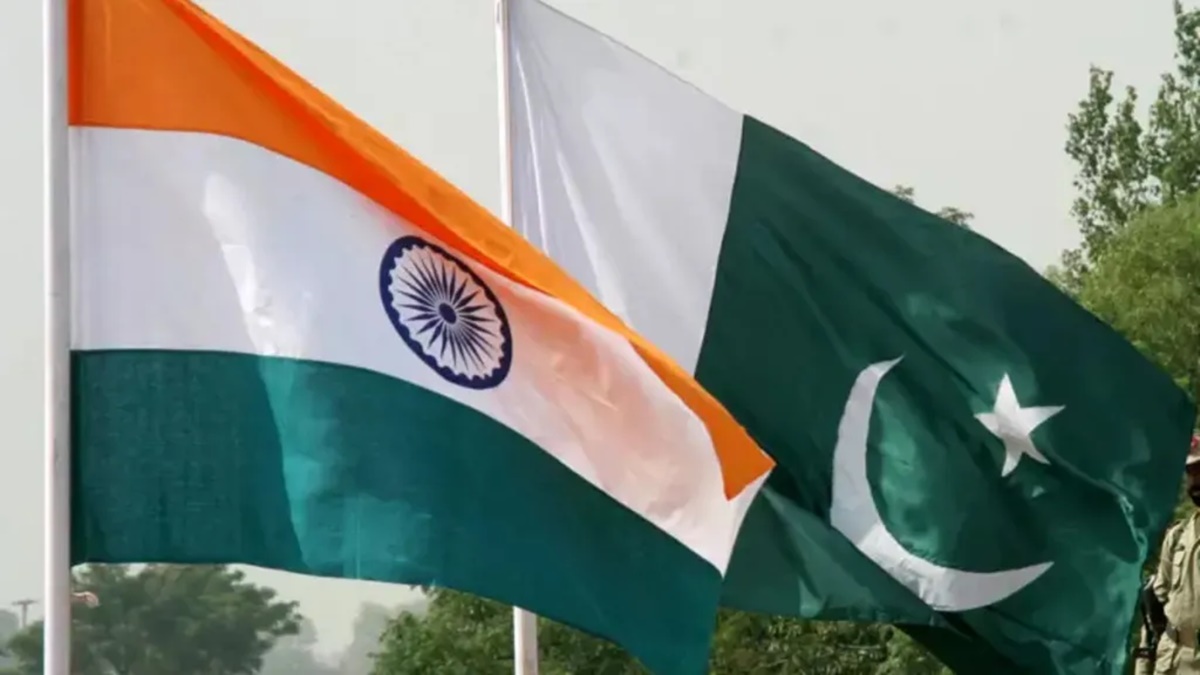India on Friday abstained from voting on a fresh loan tranche to Pakistan of $1.3 billion, after raising serious concerns over the efficacy of International Monetary Fund programmes for a country with a “poor track record”. Last year India had asked the Fund to place caveats that such loans are not used by a sponsor of terror for arms purchases. Due to a stressed balance of payments situation, Pakistan secured a $7 billion bailout programme from the Fund last year and was granted a $1.3 billion climate resilience loan in March. This outreach not just to the IMF but also the World Bank and Asian Development Bank constitute an important element of non-military options being exercised by India to make Pakistan pay for its cross-border transgressions of April 22. There are no prizes for guessing whether the IMF would heed India’s red-flagging funding to Pakistan. This was admitted as much by India’s foreign secretary, Vikram Misri, when he stated at a press conference that “the decisions of the board are a different matter. But I think the case with regard to Pakistan should be self-evident to those people who generously open their pockets to bail out this country.”
This non-military option of curtailing international funding for Pakistan is clearly intended to bring its economy its knees. Pakistan’s economy depends on an IMF bailout. The country has repeatedly sought help from this agency. In fact, there have been 25 arrangements since it became a member in 1950. The ongoing $7 billion package consists of six reviews over the span of the bailout and the fresh loan tranche is contingent on a performance review. That was at stake in yesterday’s board meeting. Any curtailment of funding will deal a body blow to its economy that is just stabilising. Growth of 2.7% is likely in 2024-25 (July to June). Inflation has dropped. Debt is stabilising. All of this is going to come under stress due to the ongoing hostilities which will erode its foreign exchange buffers for essential imports. India is also working towards bringing Pakistan back into the ‘grey list’ of the Financial Action Task Force, the global money laundering and terror financing watchdog. Pakistan exited the list in 2022 but a re-listing would sharply constrain its access to international financing.
However, the most consequential non-military option that can devastate Pakistan is our suspension of the 65-year old Indus Water Treaty that awarded the use of three western rivers, the Indus, Chenab and Jhelum to Pakistan while three eastern rivers, the Ravi, Sutlej and Beas were given to India. This treaty has so far miraculously survived through three wars and perennial political tensions between the two neighbours. Pakistan depends on these western rivers for 80 % of its agricultural output and a third of its electricity generation. India is not obliged now to share data that is vital for flood, irrigation and hydropower planning. Any sudden release of temporarily withheld water from dams can lead to floods downstream in Pakistan. India has curtailed the flow of water through the Baglihar Dam on the Chenab and is planning similar measures on the Kishanganga Dam along the Jhelum. Islamabad has warned New Delhi that any moves to restrict its waters to be “an act of war”. That war has already begun and is being currently waged by India also exercising non-military options.

